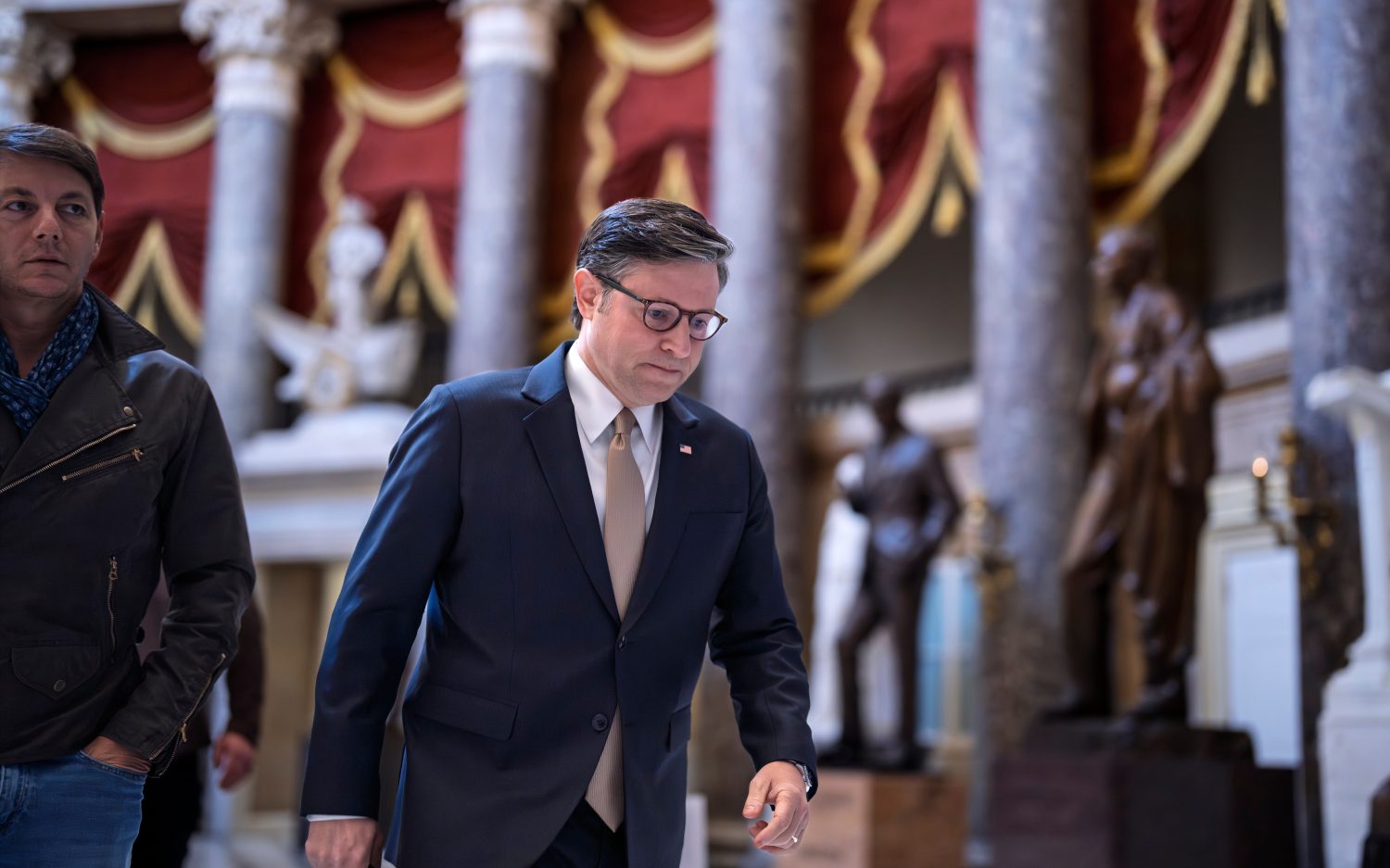The reality of Indiana's religious freedom law
Media and opponents mischaracterize the state’s Religious Freedom Restoration Act
Indiana Gov. Mike Pence, a Republican, signed his state’s Religious Freedom Restoration Act (RFRA) into law Thursday amid heated rhetoric and mischaracterization from the bill’s opponents.
The state RFRA has been described in most media outlets and by tweeting celebrities as a bill that would allow businesses to discriminate against gay people. In fact, the bill merely enacts at the state level a legal standard for religious freedom that has already been in force at the federal level for 22 years.
“If I thought it legalized discrimination I would have vetoed it,” Pence said.
Nineteen other states already have their own versions of the federal RFRA: Alabama, Arizona, Connecticut, Florida, Idaho, Illinois, Kansas, Kentucky, Louisiana, Mississippi, Missouri, New Mexico, Oklahoma, Pennsylvania, Rhode Island, South Carolina, Tennessee, Texas, and Virginia.
Another 11 states have courts that have established RFRA as a legal precedent, according to Christopher Lund, a religious liberty expert at Wayne State University Law School: Alaska, Hawaii, Maine, Massachusetts, Michigan, Minnesota, Montana, North Carolina, Ohio, Washington, and Wisconsin.
RFRA gives courts a legal test for cases: The government cannot substantially burden someone’s religion unless it has a compelling interest and uses the least restrictive means for accomplishing that interest. That gives courts a clearer guideline than the First Amendment’s free exercise clause when considering religious freedom cases.
Perhaps President Bill Clinton explained the law best, when he signed the federal RFRA in 1993: “What this law basically says is that the government should be held to a very high level of proof before it interferes with someone’s free exercise of religion.”
In celebrating RFRA at its signing, Clinton said, “We all have a shared desire here to protect perhaps the most precious of all American liberties, religious freedom.”
On Thursday, former Secretary of State Hillary Clinton tweeted her opposition to that same legal standard.
“Sad this new Indiana law can happen in America today,” Clinton tweeted. “We shouldn’t discriminate against ppl bc of who they love.”
Salesforce, a cloud computing company, announced it would cancel any programs that required its employees or customers to travel to Indiana. The NCAA, which plans to hold the Final Four of its men’s basketball tournament in Indianapolis next week, said it was “concerned” over the measure and its impact on its players.
Ashton Kutcher, the star of movies and shows such as MTV’s Punk’d, tweeted his own insights on the legislation to his 16.8 million followers.
“Indiana are you also going to allow Christian establishments to ban Jews from coming in? Or Vice Versa? Religious freedom??? #OUTRAGE,” he wrote.
News reports didn’t do a much better job of understanding RFRA. CNN wrote, “Bill allows businesses to reject gay customers.”
Daniel Conkle, a religious liberty expert at Indiana University’s Maurer School of Law, cleared the air in an editorial in The Indianapolis Star. He supports the legalization of gay marriage but also supports the state’s RFRA.
He explained the law gives religious people a day in court, not necessarily a victory. He said there have been no cases in the country thus far of religious business owners convincing a court they can refuse to serve gay customers.
“It is anything but a ‘license to discriminate,’ and it should not be mischaracterized or dismissed on that basis,” he wrote.
An actual newsletter worth subscribing to instead of just a collection of links. —Adam
Sign up to receive The Sift email newsletter each weekday morning for the latest headlines from WORLD’s breaking news team.





Please wait while we load the latest comments...
Comments
Please register, subscribe, or log in to comment on this article.